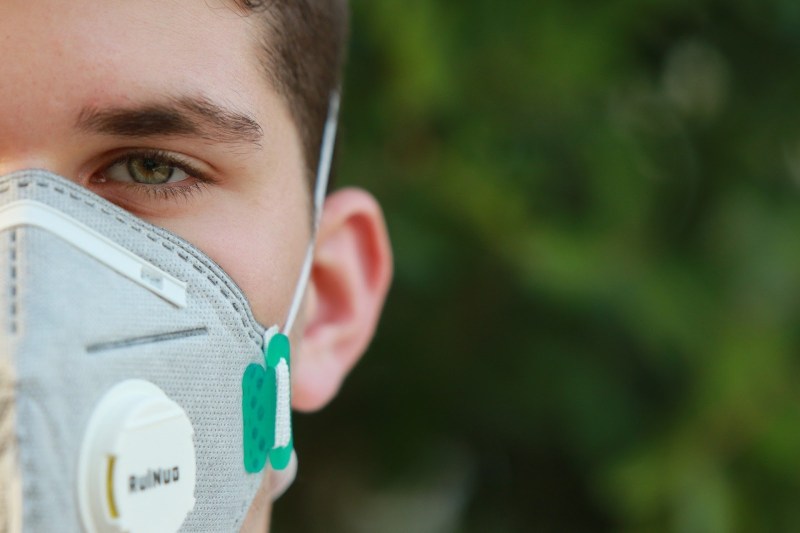Each week, The Daily’s Science & Tech section produces a roundup of the most exciting and influential research happening on campus or otherwise related to Stanford. Here’s our digest for the week of March 29 – April 4.
Evaluations of mask decontamination methods
Launched on April 1 by Stanford volunteer researchers, N95DECON details proper mask decontamination instructions compiled from scientific literature and outlines best practices to decontaminate and reuse masks during the COVID-19 pandemic.
“While there is no perfect method for decontamination of N95 masks, it is crucial that decision-makers and users have as much information as possible about the strengths and weaknesses of various approaches,” bioengineering associate professor Manu Prakash told Stanford News. “We aim to provide information and evidence in this critical time to help those on the front lines of this crisis make risk management decisions given the specific conditions and limitations they face.”
N95DECON, a consortium for the study of N95 respirator decontamination, outlined three methods that can potentially be used to decontaminate masks, allowing healthcare professionals can reuse masks if supplies become low: heat and humidity, ultraviolet C light, and hydrogen peroxide vapors. The goal of the website is to provide easy-to-read information for health officials based on scientific literature.
“The scientific volunteers who made this happen came together in this time of crisis to help workers and administrators make informed decisions about N95 decontamination and standard operating procedures based on their own specific circumstances,” Hana El-Samad, a UCSF professor in biochemistry and biophysics, told Stanford News.
Artificial intelligence evaluates heart echocardiograms
An artificial intelligence-based (AI) algorithm can detect heart abnormalities by evaluating the rate of blood the heart pumps, a study published on March 25 in “Nature” reports.
“By developing a new machine-learning algorithm for echocardiogram videos, we can comprehensively assess the state of the heart,” James Zou, an assistant professor in biomedical data science, told Stanford Medicine’s blog SCOPE. “Our model accurately identifies important heart structures and tracks the heart’s motion to precisely assess cardiac function.”
The findings suggest the AI-based algorithm performs at the same quality as a trained cardiologist when reading echocardiograms, which are ultrasound images of the heart. The algorithm can make evaluations more quickly and is more comprehensive than a physician.
“In the future, our focus is really on integrating AI into the healthcare system,” Euan Ashley, a professor in medicine, genetics, and biomedical data science, told SCOPE. “We are tremendously interested in the cycle of adaptation between human intelligence and artificial intelligence. We want to put this to work for our patients in real time.”
Stress influences how people make plans and decisions
Stress can prevent people from making informed plans and memory-based decisions, according to a study published on April 2 in “Current Biology.”
“We draw on memory not just to project ourselves backward into the past but to project ourselves forward, to plan,” psychology professor Anthony Wagner Ph.D. ’97 told Stanford News. “Stress can rob you of the ability to draw on cognitive systems underlying memory and goal-directed behavior that enable you to solve problems more quickly, more efficiently and more effectively.”
The researchers devised a task where participants were told to walk through a virtual town, and asked to memorize routes to reach a goal location. To simulate the stress effects, researchers informed some participants they would receive shocks during their town navigation.
When researchers scanned participants’ brains at the beginning of the task, the findings suggested stressed participants were less likely to activate their hippocampus. They also had less activity in their frontal-parietal lobe than non-stressed participants. The hippocampus is involved in memory and the frontal-parietal lobe is the decision-making center of the brain.
“It’s a form of neurocognitive privilege that people who are not stressed can draw on their memory systems to behave more optimally,” Wagner told Stanford News. “And we may fail to actually appreciate that some individuals might not be behaving as effectively or efficiently because they are dealing with something, like a health or economic stressor, that reduces that privilege.”
Contact Derek Chen at derekc8 ‘at’ stanford.edu.
